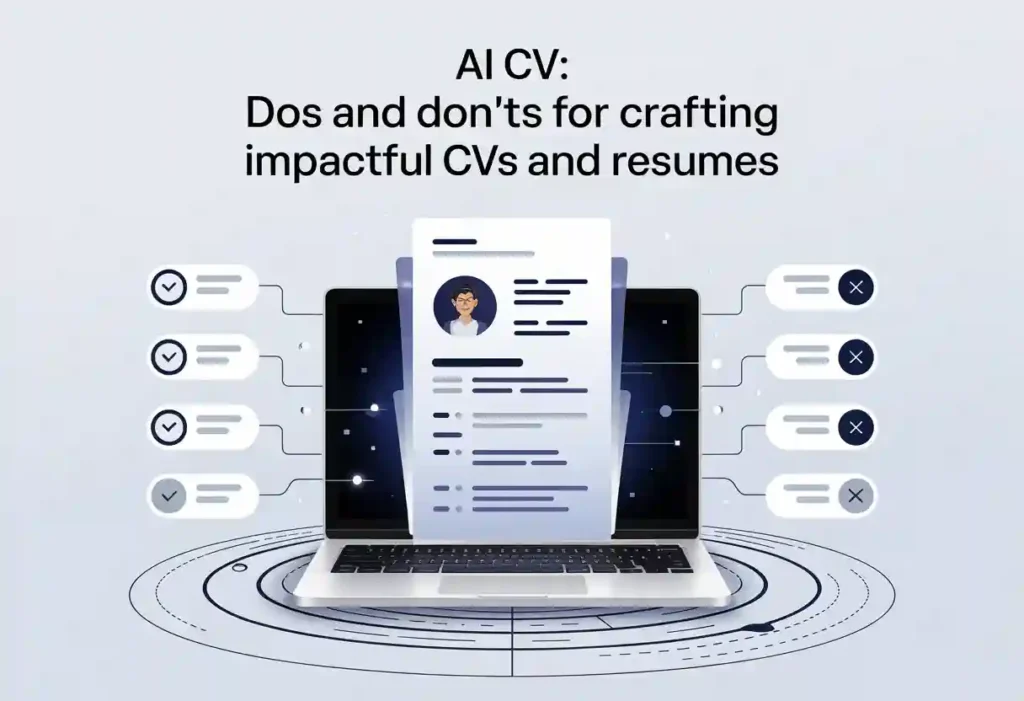How to Access the Hidden Job Market and Get Hired
Book Review
This article examines a fantastic book every executive (managerial) job seeker should read.
The “Super Secrets of Successful Executive Job Search ─ everything you need to know to find and secure the executive position you deserve.”
The author is Simon Gray, of Career Codex Limited.
It’s an incredible resource for anyone who wants to know how to succeed in finding a career executive position anywhere in the world.
Key topics the book covers include:
- The Super Executive’s CV/Resume
- Cover Letters
- Getting in Front of Decision Makers
- The First-Class Executive Interview
- The Online Executive
- Effective Executive Networking
- Innovate to Stay Ahead and Handle the Offer & Negotiation Stage
What Is The Hidden Job Market?
In this excellent book, Simon captures getting a job through the hidden job market.
‘Hidden’ because there are always job opportunities there that are not advertised.
However, 80% of job seekers are unaware of this market or how to find work.
For example, Simon narrated a real-life case.
As a result, he employed someone because the person (whom he called Matt) understood and tactfully used the hidden job market network.
Simon employed Matt even when he wasn’t ready to hire a ‘recruitment consultant’ then.
There was no advertised job opening. He did this because Matt impressed him.
Simon wrote:
“Matt sent me an introductory email and attached his CV. The subject line caught my eye as it read: Previous experience in recruitment.
He’d done a brief stint hiring for one of my competitors.”
Read More
- Discover key skills for writing an excellent CV
- How to get job referrals
- How to get a job quicker
- How to write a resume like a guru
Like this post?
Sign up for our blog updates and never miss a post.
We’ll send you A FREE job interview eBook as a thank-you.
A few days later, Simon says Matt called to confirm the email was received.
Simon recollects,
“I remembered him (Matt) and was pleasantly surprised to find an articulate young man on the phone.
He had researched my business.”
The long and short of this was that Simon invited Matt for a coffee and was very impressed.
Within a week, Matt had two meetings, and Simon hired him.
3 Things Matt Did Right
- He didn’t wait to respond to a vacancy advert – he took the first step and tried his luck in the hidden job market
- Matt was persistent and was always polite
- He researched and prepared for the initial phone chat with Simon
Again, the author narrates how the hidden job market works.
Here’s an example: Suppose Mr Bradley is a businessperson and wants to hire someone.
There are three scenarios likely to happen.
Conversation 1
First, Mr Bradley will naturally enquire among his peer group, close friends, and contacts.
He will see if they can help by recommending someone or connecting him with a potential employee.
Because these contacts are in Mr Bradley’s long-standing commercial network, he knows them and will trust them should they recommend someone to him.
More than any recommendation from a recruiter.
Imagine if you had had a working relationship with any of Mr Bradley’s associates!
Mr Bradley will first explore this network.
Then, if he exhausts this group, he will try the following conversation.
Conversation 2
Next, Mr Bradley will talk to his professional advisers, suppliers, and general connections.
Although these people may not be Mr Bradley’s inner circle, he still respects and trusts this group.
And he will welcome any recommendations from them.
If he can find a suitable person they recommend, that’s perfect! If not, he will move on to conversation three.
Conversation 3
Lastly, Mr Bradley will consult a job board (executive) to post or list the position or work with a professional recruiting firm.
These are the scenarios that happen daily, weekly, and monthly.
And in all job industries/sectors and at all job levels.
About 80% of job seekers put themselves in the tight corner of conversation three.
That is, relying only on websites to look for a job.
Simon then compared these three conversation scenarios to a pond.
So, pond three is the biggest and the most overcrowded.
He advised that you can’t depend solely on fishing in pond three to maximize the benefits of your job search.
Note: Ponds one and two are smaller and have less competition.
Indeed, these are where you should be fishing more for jobs.
Note also that referrals depend on the recommendations of people whom Mr Bradley knows.
So, the probability of a successful placement is higher.
Because the person recommending the candidate may have tried and tested the candidate previously.
Sometimes, you can uncover and create a new vacancy that didn’t exist previously.
The company will then employ you to do the job, all because of your networking skills and approach to the hidden job market.
Simon also showed how this can happen (see p.17; 90-94).
Read More
- The power of a value validation project in job landing
- Examples of Value Validation Projects in getting your dream job
Last Remarks
Ponds one and two constitute the hidden job market.
Understand and position yourself in this market.
It will give you better information and networking opportunities and help you succeed in your job search.
But don’t forget about pond three (the conventional job sources like LinkedIn and others).
Decide which media you will use to reach the employer (e.g., email, phone, LinkedIn, Twitter, or face-to-face).
Here’s the critical thing.
Can you devise a well-thought-out way to present before a potential employer in a “hidden job” market to apply for a position?
(pp.15-17; 75-80)
What To Do and What Not to Do in The Hidden Job Market
Getting your next career through the hidden job market requires social skills and persistence. Below are a few tips to get you started:
Dos
- Prepare to sell yourself when you meet face to face
- Have your CV handy because sometimes, the hiring manager may want to refer to an aspect of your CV with you
- Have all your references and LinkedIn profile ready
- Prepare to move/ready to relocate to land a new job
- Build rapport with your contact before mentioning jobs
Don'ts
- Do not be overly pushy or come across as desperate for a position
- Never be vague when explaining how you can help a company
- Do not give up after an interviewer rejects you
- Do not think that certain companies hire only through LinkedIn or a similar service
- Never wait until the recruiter or advertiser asks you for a CV; take the lead, offer it!
Attitude is everything, so make sure yours is positive!
If it isn’t, leave the approach for another day.
Further Reading
- Video explaining how the hidden job market works
- The cover letter that gets results (video)



